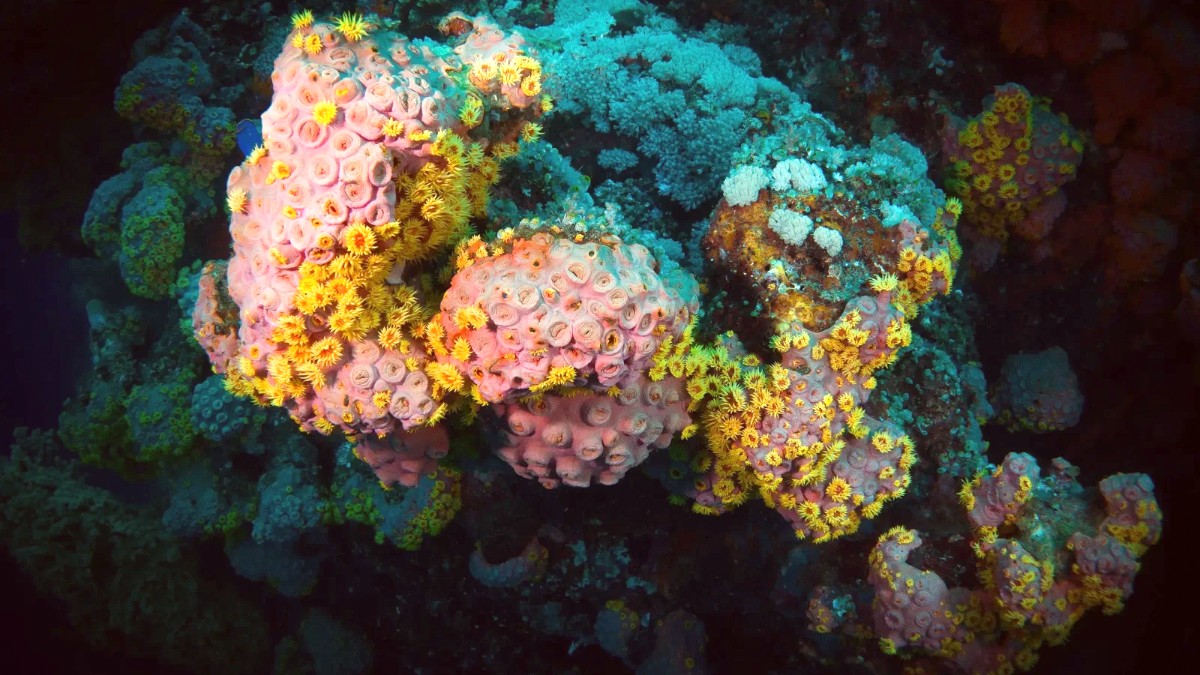
For authorized personnel on the United States Minor Outlying Islands, outdoor activities are synonymous with fieldwork, research, and operational duties. These are rigorous and challenging engagements, not recreational adventures.
No formal hiking trails exist. Traversing terrain includes rocky shorelines, dense Pisonia forest, low-lying scrub, or sandy beaches.
Fieldwork often takes place in specific habitats for botanical or entomological research.
Exploration includes examining coral rock formations and island geological features.
All fieldwork prioritizes safety, with strict adherence to established protocols. Awareness of environmental hazards and operational risks essential for every activity.
Any "cultural" experience for authorized personnel centers around the unique operational culture of scientific expeditions or military deployments, and the historical legacy of the islands.
Activities include maintaining and documenting historical remnants, especially military heritage sites.
Personnel contribute to understanding and conveying the islands' past significance.
Recognizing the impact of past events on the islands' present state.
Systematic gathering of ecological, environmental, and biological data.
Actions to protect and restore the fragile island ecosystems and wildlife.
Activities sustaining ongoing military presence and infrastructure on specific islands.
The United States Minor Outlying Islands environments for work and conservation, not for leisure. No commercial spas, wellness centers, or retreat options. Any "relaxation" for authorized personnel personal downtime within a field station or vessel, often after long days of strenuous work.
Supporting the smooth operation of daily missions and resupply efforts.
Ensuring all research and operational equipment remains in working order.
Maintaining communication links with the mainland and other teams.
Commercial spas, gyms, or recreational clubs do not exist on these islands.
Activities revolve around the shared purpose of the expedition.
Life adjusts to the challenges and rhythms of an isolated scientific or military outpost.
The concept of "shopping and markets" for the United States Minor Outlying Islands entirely inapplicable. No shops, markets, souvenir stalls, or any facilities for purchasing goods exist.
Meticulous planning and packing of every required item occurs before departure from the mainland.
All supplies undergo thorough inspections to prevent introduction of non-native species.
All waste, including human waste, plastics, and scientific discards, must return from the islands for proper disposal.
All personal needs and equipment must come before departure from the mainland. The only "shopping" involved meticulous preparation and packing of every required item.